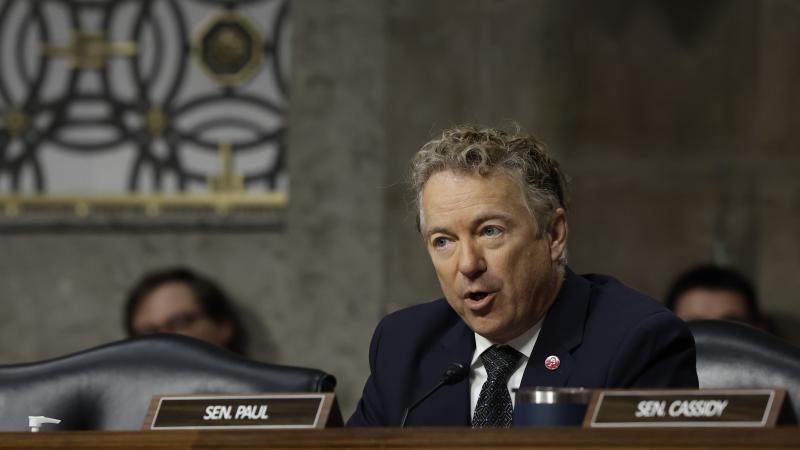California lawmakers kill bill to require companies to disclose emissions data
Bill would have required companies with annual revenues over $1 billion to report their carbon footprint starting in 2025.
Despite advancing several climate measures in the final hours of the legislative session, California lawmakers killed a bill this week that would have required U.S.-based corporate companies operating in the Golden State to disclose greenhouse gas emissions.
Senate Bill 260, dubbed the Climate Corporate Accountability Act, would have required U.S. companies that do business in California and have annual revenues over $1 billion to report their carbon footprint starting in 2025. The bill would have allowed the Attorney General to bring a civil lawsuit against a company that failed to do so.
The bill was one vote short of passing and failed on the floor of the Assembly Wednesday night.
The bill’s author, Senator Scott Wiener, D-San Francisco, issued a statement saying he was “deeply disappointed” that the bill fell short of passage on the Assembly floor after passing the Senate.
“SB 260 was common-sense legislation supported by large corporations like IKEA, Patagonia, Sierra Nevada Brewing Company and many more,” Wiener said. “This shouldn’t have been a controversial bill; it was a practical solution to ensure we have the information we need about corporate emissions. We can’t fix what we don’t understand, and SB 260 would’ve helped Californians understand exactly how much carbon corporations are emitting.”
The bill was backed by a broad coalition of climate advocacy groups, but faced opposition from trade associations and chamber of commerce groups across the state. The Department of Finance also opposed the measure because it would result in “significant General Fund costs not included in the 2022 Budget Act, creates future General Fund cost pressures and may create significant implementation challenges.”
Other opposition groups, including the California Chamber of Commerce, raised concerns about the enforcement, saying that it can be hard to verify certain emissions data that is “by its very nature, subjective, inaccurate, and often incomplete.”
“California is not in the business of regulating out of state emissions, nor should it be,” the chamber wrote. “California should continue to implement and build upon existing programs and policies to regulate in-state emissions rather than seek to obtain emissions data throughout the international supply chain, especially seeing how it would have no authority to regulate emissions beyond the California border.”
In a statement, Wiener said he is “very likely” to reintroduce the measure last year, given that it was just one vote away from passing.
Despite that measure failing to pass, California lawmakers advanced several climate measures Wednesday, including several ambitious climate bills backed by Gov. Gavin Newsom. One measure passed by the legislature would prohibit new oil and gas drilling within 3,200 feet of schools, homes and parks.
















